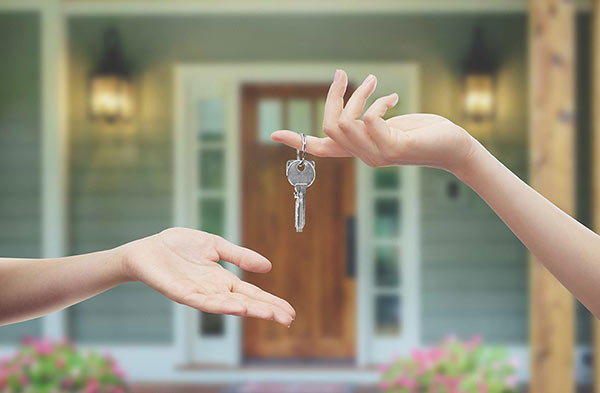Does the path to prosperity pass through real estate renting? Noisy neighbors, broken water heaters, late rent — these aren’t the only issues that landlords have to deal with. The popularity of becoming a landlord is because the aptitude of potentially gaining certain tax advantages as well as the profitable venture of steady secondary income. This venture continues to generate income while the property potentially appreciates in value in the background.
Do you have what it takes to become a landlord?
- Reading the Ontario Residential Tenancies Act can be very educative and allows you to be prepared when things go wrong. The most common types of disputes from a landlord’s perspective include finances – whether it’s late payments or disruptive behavior or damages, each has a separate form. Furthermore, it is crucial to know all the small details like: if you have to give a tenant a notice you should slide it under their door and not stick it to their door? They all matter in law.
- Networking – property repair and maintenance is essential to keep your property in good condition. Developing trusted connections in the skilled trades like plumber and electrician can be time saving.
- Mortgage Interest – If you took out a loan to purchase or improve your rental property (which usually is the case), you will have to be able to meet your financial obligations. This will need to happen regardless of if the property is vacant or if your rent is delayed.
- A Scout’s promise – Always being available. Okay, that might not be the actual promise, but being a landlord means round-the-clock availability whether that’s you or someone you designate the responsibility to. Your tenants need to be able to contact you during emergencies.
- As a landlord you are required to maintain a safe and habitable home for your tenants – this can sometimes come with a hefty price tag. These generally include; ensuring that electrical and plumbing systems are properly maintained, trash containers are provided, keeping common areas like stairways safe and salting your front lawn during icy days. If you are not in compliance, you can be fined, lawsuits and complaints can be filed against you.
How do you know if you are ready to become a landlord?
Quoting Voltaire, “With great powers, comes great responsibility”. Being a landlord is not as simple as collecting rent, it is important to ask yourself the following questions:
- Are you prepared to share your home with other people?
- Can I afford to the time and cost to maintain my property to standards set by local, state and federal rules, laws and regulations?
- Can I make the mortgage payments even if the property is vacant or my tenant is late on his rent payment?
- Will I be able to maintain a 24 hours’ availability?

